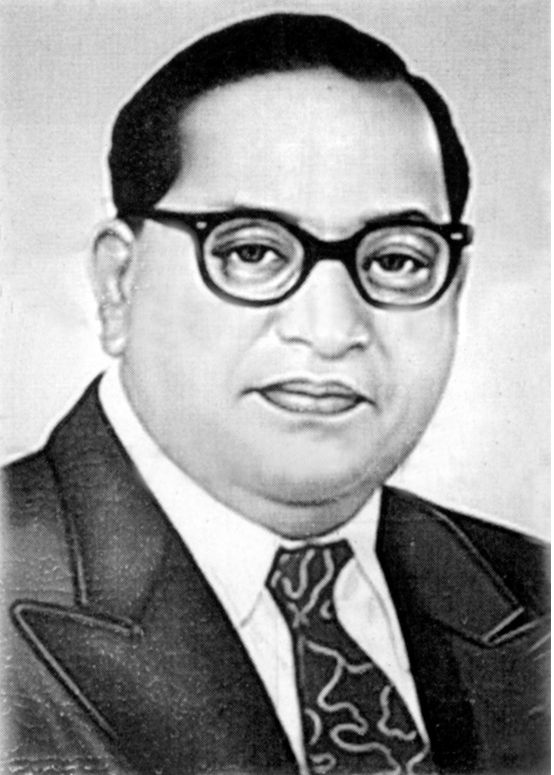Dr. B.R. Ambedkar (14th April, 1891 – 6th December, 1956)

Dr. B.R. Ambedkar (14th April, 1891 – 6th December, 1956)
Bhimrao Ramji Ambedkar was born in Mhow in the Central Provinces (now in Madhya Pradesh) on 14 April, 1891. Also known as Babasaheb Ambedkar, he was an Indian jurist, economist, politician and social reformer. He was independent India’s first Minister of Law and Justice and is considered as the chief architect of the Constitution of India.
Ambedkar was a prolific student, earning doctorates in economics from both Columbia University and the University of London. In 1956, he converted to Buddhism, initiating mass conversions of Dalits. For the defense of Dalit rights, he started many periodicals like Mook Nayak, Bahishkrit Bharat and Equality Janta. He led a satyagraha in Mahad to fight for the right of the untouchable community to draw water from the main water tank of the town. On 25 September, 1932, the agreement known as Poona Pact was signed between Ambedkar and Madan Mohan Malaviya. Due to the pact, the depressed class received 148 seats in the legislature, instead of the 71 as allocated earlier. Ambedkar published his book Annihilation of Caste on 15 May, 1936, which strongly criticized the caste system in general. He also wrote his autobiography, waiting for a Visa.
Three days after completing his final manuscript The Buddha and His Dhamma, Ambedkar died in his sleep on 6 December, 1956, at his home in Delhi.
In 1990, the Bharat Ratna, India’s highest civilian award, was posthumously conferred upon Ambedkar. Ambedkar’s legacy includes numerous memorials and depictions in popular culture.







